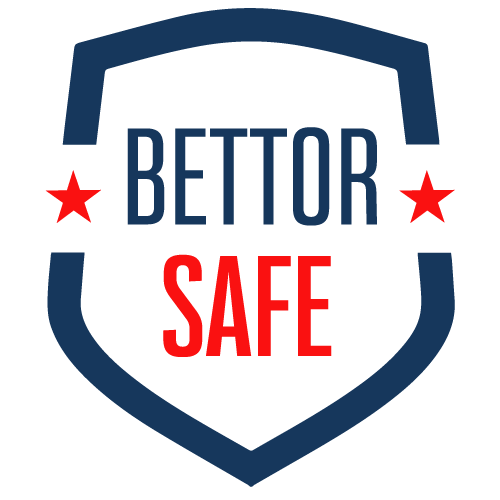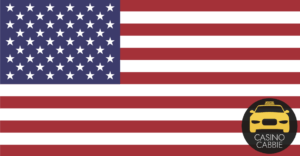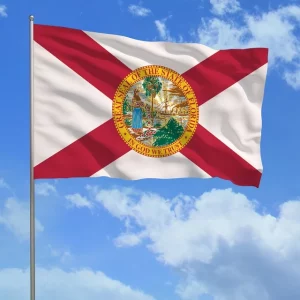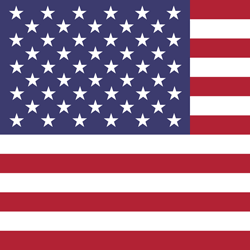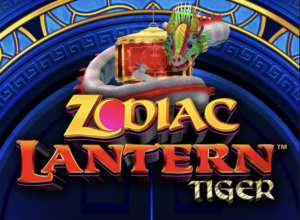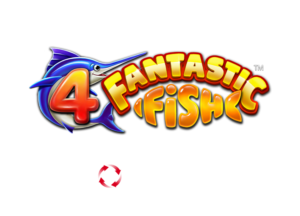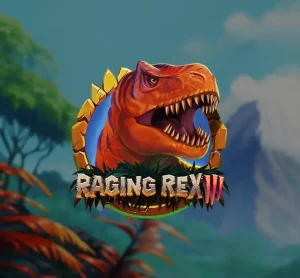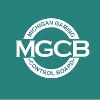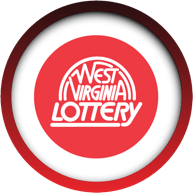It's responsible gambling month in the US and across the country regulators, NGOs, and casinos have been coming together to raise awareness of responsible gambling and the illegal casino industry, which targets US players. It's been a spectacular effort so far with FanDuel partnering with the American Gambling Association’s “Have A Game Plan, Bet Responsibly” campaign, BetMGM launching a new RG staff training program, Unibet bringing Gamban to its US platforms (British self-exclusion software), and the launch of Conscious Gaming’s Bettor Safe program.
Conscious Gaming is a not-for-profit, and Bettor Safe aims to educated online gamblers about the differences and dangers of playing at offshore casinos. The campaign launched following survey data showing that 75% of PA and NJ players could not (or were not sure if they could) distinguish between legal and safe US casinos and illegal casinos.
At Casino Cabbie, we wanted to dig into these stats some more, so we arranged an interview with Seth Palansky, Conscious Gaming’s VP of Corporate Social Responsibility and Communications.
Casino Cabbie: Is there a particular model of responsible gambling policy (i.e., Malta Gaming Authority, UK Gaming Commission) that Bettor Safe draws inspiration from?
Seth Palansky: We are driven by research, clinicians and academics in all our efforts around responsible gaming. Just this week we announced a new advisory board from Conscious Gaming, and our first three members are all well-respected doctors doing important work in this sector at Harvard, UNLV, and Washington State University in the U.S.
Protecting consumers from the illegal market is supported by all regulated jurisdictions. In the U.S., the regulated online market, particularly in sports betting, has quickly exploded since a law clarification in 2018. Sports betting has been a huge industry in the U.S., it just hasn’t been legal outside Nevada. Now that it is in 20 states, we recognized the need to educate consumers to understand the differences between the legal and illegal markets, because illegal operators have spent decades deceiving Americans. Thus, the BettorSafe.org website and education campaign.
CC: How much can we rely on players to self-regulate with RG tools?
SP: Self-exclusion is just one tool, but responsible gaming is many layers and no one tool alone is enough to be effective. Gambling is an addiction and the ability to treat an addiction does require the individual to be aware and willing to address it. Conscious Gaming has created PlayPause in the U.S., because of the fractured nature of the marketplace, with each individual state having its own regulations and own self-exclusion policies.
PlayPause is a technology tool allowing consumers to self-exclude in one jurisdiction, but gain protection across the U.S. For anyone who knows what it is like to struggle with addiction, it is important to make sure if an individual visits another state, whether visiting relatives, for work or because they happen to be near another state border, the self-exclusion protection is there for them. This will help take away the temptation risk.
Consumers are forced to sign up with each state individually currently. PlayPause solves this. Sign up in your home state, opt in to PlayPause, and your protection extends to any state or gaming operator who has adopted PlayPause. While PlayPause is a self-exclusion tool, Conscious Gaming hopes by signing up all industry stakeholders, we can then unite the industry to tackle other important issues to protect consumers once PlayPause is in place.
CC: What is the most significant barrier to raising awareness of legal online gambling in the US?
SP: Awareness isn’t the problem for the most part, but education is. Because the unregulated market has existed for so long in the U.S., getting individuals to change habits and companies they do business with is the challenge.
Our research and other research show that consumers just don’t know they are playing on unlicensed, unregulated sites. They assume if they can access it, it is legal. They are tricked into believing if it is in the App Store, it is legal. If they can get to it by typing a URL into a browser, it is legitimate. Educating consumers on how to spot the differences between regulated and unregulated is exactly what Bettor Safe is setting out to do. The deception and unscrupulous behavior won’t stop, so we must educate and inform to put the power in the consumer’s control.
CC: What more can affiliates like Casino Cabbie do to help?
SP: First and foremost, only linking to regulated operators is critical. Taking no advertising or affiliate deals of any kind with anyone who operates outside the jurisdiction in which they are serving customers is critical. If consumers are coming to you for information, it is important you are steering them to licensed operators, so they can ensure their safety and security, protection of their funds and identity, and that the games are fair, tested, and regulated by their government.
There are affiliates doing good and bad things, but if you are serving up information on where and how to bet, we feel it is just as important to provide resources for responsible gaming. We appreciate your willingness to give us a forum. Stories and awareness of all the good responsible gaming efforts that are occurring are indeed helpful.
CC: With online gambling new to most in the US, what advice would you give to persons looking to play online for the first time?
SP: Get educated. Do your research. Understand the odds. Understand the bonuses. Recognize that these are all businesses to make money off you. Be discerning with who you may give your hard earned dollars to, and if you choose to do so, make sure you start small and be really familiar with all the terms and conditions you are signing up for. Set time limits, deposit limits, and other limits to ensure you stay in control. This is meant as an enjoyable entertainment activity. There is no get rich quick scheme in gambling. That is a fallacy. Consumers who take the time to learn beforehand will benefit as a result.
CC: Why is it so difficult for US players to spot the difference between regulated and unregulated sites?
SP: Because illegal operators have had a couple of decades headstart to hone their craft. They know what marketing is most effective. They have search-engine-optimized their websites so they come up at the top of Google and other browser searches. They steal copyrights and intellectual property of legitimate gaming operators to get apps in the app stores. They prey on consumers to manipulate and make them believe they are legitimate. When you are operating an illegitimate business, paying no tax or licensing fees, you have both the resources and the bravado to stop at nothing. It is not easy for consumers, another reason why we felt the Bettor Safe campaign was so crucial.
CC: What is the easiest way for a US player to check a casino’s license, and should the state gambling commissions by providing players with a quick casino checker tool?
SP: Unfortunately, it is not straightforward all the time. Consumers in a lot of cases are not familiar with the state regulatory bodies in their state and there are a lot of new players. BettorSafe.org has compiled all the regulated sites on their state-specific pages like Bettor Safe NJ or Bettor Safe PA. Most state regulators have this information as well on their web pages. The American Gaming Association website is another good source. There are state seals that only licensed gaming operators can use. So there definitely are tools. It’s educating consumers what those tools are that is most necessary.
CC: With states like Michigan turning over $42.7m. in the first 10-days of legal online gambling (MGCB, 2021) and more states each week considering regulating some form of online betting, what do you see as the biggest challenges ahead in the US market?
SP: There is no doubt what we are seeing right now in the UK is the windshield vantage point into what the road ahead in the U.S. looks like. Either it is foreshadowing what is to come as the market matures. Or it is an opportunity to heed the warnings and quickly put in place policies, technology, and leadership that addresses the shortcomings. If not, history will surely repeat itself and take the ability to address the issues out of the industry’s hands.
CC: How can legal online operators effectively compete for new players against offshore operators who offer such attractive bonuses to new players?
SP: As part of our Bettor Safe campaign, we first surveyed Americans to understand what was most important to them. Here are the results: Safety and security, fair odds/play and responsible gaming are the three most important criteria. In fact, combined these constitute nearly 90 percent of what is important to consumers. In all three of these areas, the regulated market is clearly the better choice, or bettor choice. Seems to be quite a marketing advantage if you tout it properly.
CC: What is Bettor Safe's plans/strategy for the next 12-18 months?
SP: We hope to extend our advertising into more states as gaming expands online across the U.S. and help spread our message. Doing a consumer awareness campaign does require resources and as a non-profit, our funds aren’t endless. We took up the first leg with our own funds and focused on New Jersey and Pennsylvania markets -- both full iGaming jurisdictions. We are hopeful our campaign is successful and resonates. If so, we’re sure others who are interested in stamping out the illegal market find what we are doing impactful and agree to help us reach more consumers.
The Final Word: Find out More, Take the Test, and Gamble Safely Online!
The Cabbie Team would like to take this opportunity to thank Mr Palansky for his time and insights.
We highly recommend you check out Bettor Safe and get in the know about responsible gambling efforts in your state - as well as the dangers of gambling offshore. You can also take a test to see if you can spot which are illegal online casinos - some of them are very convincing!
As a licensed affiliate site, we only advertise licensed online casinos in regulated states. So feel free to dive right in and discover the best legal US online casinos right here with Casino Cabbie.

